The cannabis industry is doing extremely well during the COVID-19 pandemic, especially in states such as Oklahoma and Illinois. Yet, advocates, activists and hopeful business owners are worried that the creation of an equitable cannabis industry is being slowed by the repercussions of the health crisis.
Here, we take a brief look at the slowdown of cannabis social equity initiatives across several states that may be temporary or a part of the systemic resistance to fairness for multicultural marijuana entrepreneurs.
Massachusetts: Lack of Commitment or COVID-19?
Massachusetts was the ONLY recreational cannabis state that did not declare marijuana businesses as "essential" during the Coronavirus pandemic. As patient medical card applications exploded, the lack of a recreational marketplace dissuaded many people of color from continuing the business license process or opening new dispensary locations.
As of July 2020, ONLY 3 of 70 ( 4.2%) of social equity applicants in Massachusetts were given licenses and were able to open their business. Cannabis Control Commissioner Shaleen Title, a strong advocate for diversity and inclusion, said she was “embarrassed” by the state’s equity efforts.
To be fair, the lack of state support for social equity applicants was well underway in Massachusetts prior to the health crisis, according to an article in MassLive.
Proper funding for cannabis social equity initiatives has always been a problem in Massachusetts.
Massachusetts has only $300,000 in their budget for social equity training, while setting aside much larger amounts for administrative fees and private security contracts paid to police.
New England Treatment Access (NETA) , a medicinal and recreational dispensary, paid $1.1 million for police salaries and $1.58 million dollars for police overtime since 2016. Along with these police costs, NETA has paid the city of Northampton an additional $2.6 million dollar impact fee and 3% tax to balance out dispensary liabilities.
State legislatures have recently doubled down utilizing marijuana state tax revenue not for expanding cannabis social equity initiatives, but to continuing to fund police training. Any chance for re-examining these priorities has been stalled by the legislature's focus on the issues created by the COVID-19 pandemic.
Illinois: Record Cannabis Sales but Social Equity is On Hold
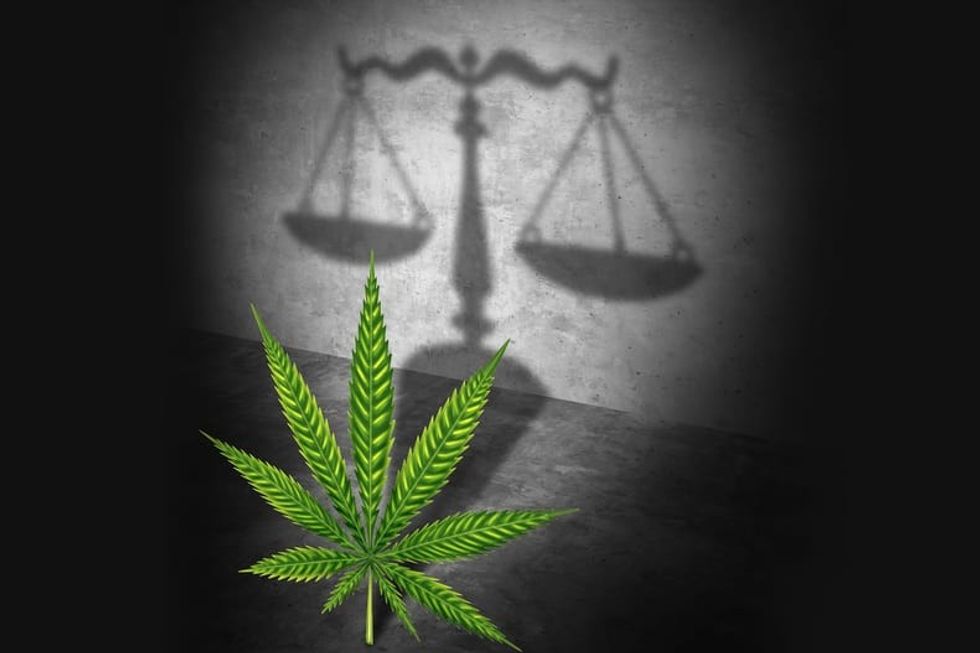
In April, Illinois Governor J. B. Pritzker indefinitely postponed the next round of dispensary licenses that would have prioritized social equity applicants. Craft grower, infuser, and transporter cannabis licenses were also suspended by the Department of Agriculture. Both parties said these setbacks were caused by the fallout of the pandemic.
While social equity applicants have been hurt by the pandemic, the cannabis industry has exploded in Illinois and is predicted to become a $1 billion dollar business in the coming year. In July, the state set another record with $61 million dollars of cannabis sales, which is $13 million (+28%) more than the previous record set in June.
Colorado: A Long Way to Go Even Before COVID-19
Marijuana company ownership in Denver and surrounding counties is predominantly white, according to a June survey commissioned by the Denver Department of Excise and Licenses.
In the study, 12.7% percent of the owners identified as Latinx, 5.6% as Black, and 2.8% as Middle Eastern. Asians and Native Americans weren't represented by a single owner in the survey. According to 2019 Census Bureau data, 80.8% of Denver's population identified as white or mostly white, 29.7% as Latinx, 9.8% as Black, and 4.4% as Asian.
The issuing of delivery licenses for medical sales was supposed to create another opportunity for micro businesses and social equity applicants, although Denver has yet to officially adopt medical and recreational cannabis delivery and will not until 2021.
A state bill, now stalled in committee, would have created a "definition" for a social equity applicant, while not including any provisions for new diversity programs or initiatives. A draft of the bill also included new marijuana accelerator licenses intended to encourage entrepreneurs from low-income areas to secure "social equity" licenses.
Despite gubernatorial support , lawmakers have stated that the need to focus on COVID-19 relief packages, police reform and budget shortfalls give the measure little chance of passing before the end of the 2020 session.
When speaking about Colorado, John Bailey, founder of the Black Cannabis Equity Initiative, said the state’s progress in cannabis social equity is "still a work in progress."
Cannabis Social Equity: The Time is Now
The negative impact on equity applicants coupled with the Black Lives Matter movement and the murders of Breonna Taylor and George Floyd make this an essential time to speak out and fight for equity in the cannabis industry, according to Ru Johnson, Chair of the Marketing Committee of the Minority Cannabis Business Association.
Coronavirus is generally exposing the lack of equity across many industries. I think we solve the lack of equity in cannabis the same way we’d do it before - resources and equity. … Identify the most marginalized and oppressed groups, find out what they need to be effective in the space, and we stick to those principles so the playing field is even.
Ru Johnson, Marketing Chair of MCBA
Tahir Johnson, the Head of Diversity, Equity, and Inclusion for the National Cannabis Industry Association, agreed with the sentiments expressed by Johnson.
Coronavirus has caused setbacks across most industries, and cannabis social equity programs are no exception. As legalization is considered at state and federal levels this year and next, it is important that social equity remains at the top of the conversation. … The fact that communities of color have been ravaged by the war on drugs yet make up less than one-fifth of ownership of a multi-billion dollar industry is something that must be corrected.
Tahir Johnson, Head of D&I for NCIA
Cannabis Social Equity: Signs of Hope
While there are a lot of areas where cannabis social equity movements are struggling, there are still reasons for hope.
Boston is opening its second recreational dispensary, Berkshire Roots, which plans to hire local staff and “provide training, mentoring, professional and technical services for disproportionately impacted individuals.” While city leadership has applauded this initiative, critics note this effort focuses on employment not ownership.
Illinois Governor Pritzker has promised action for social equity applications in September.
The U.S.House of Representatives plans vote on the Marijuana Opportunity Reinvestment and Expungement (MORE) Act in the fall. Part of the MORE Act is the creation of a Cannabis Justice Office which will “provide eligible entities with funds to administer services for individuals most adversely impacted by the War on Drugs, including job training, reentry services, literacy programs.".
You can also learn more about organizations fighting for social equity in cannabis on The Bluntness.
Are you still missing out on The Bluntness newsletter? Sign Up today to stay in the loop.
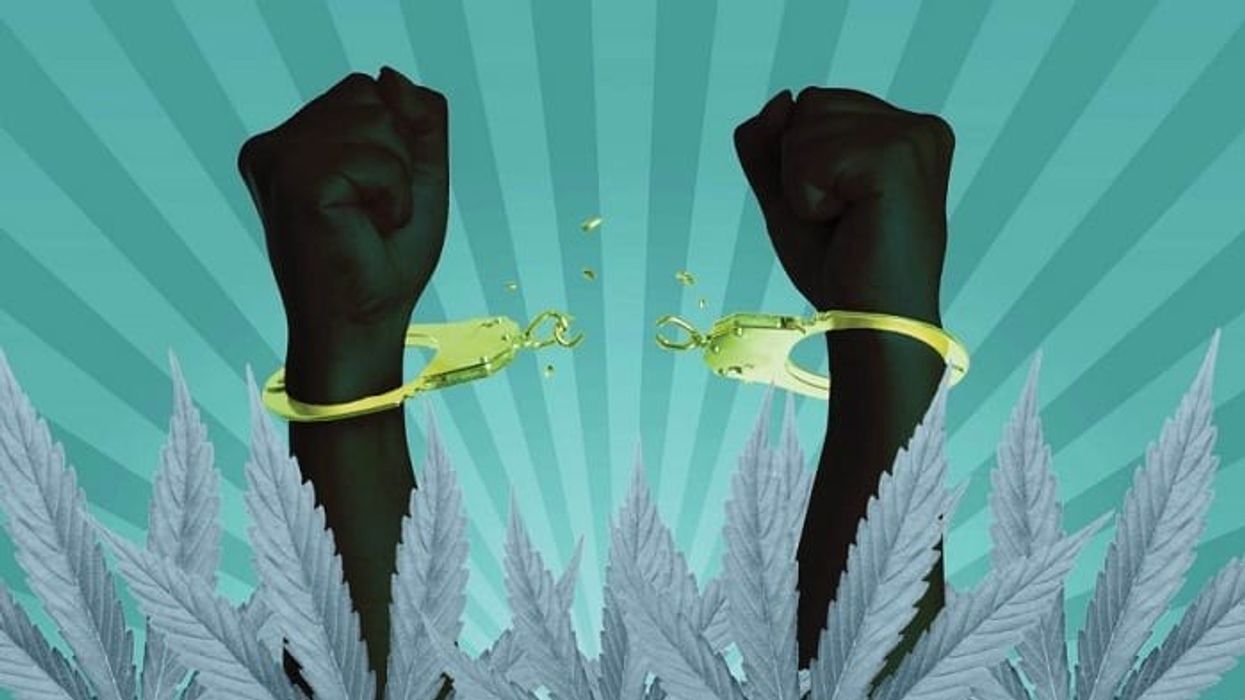

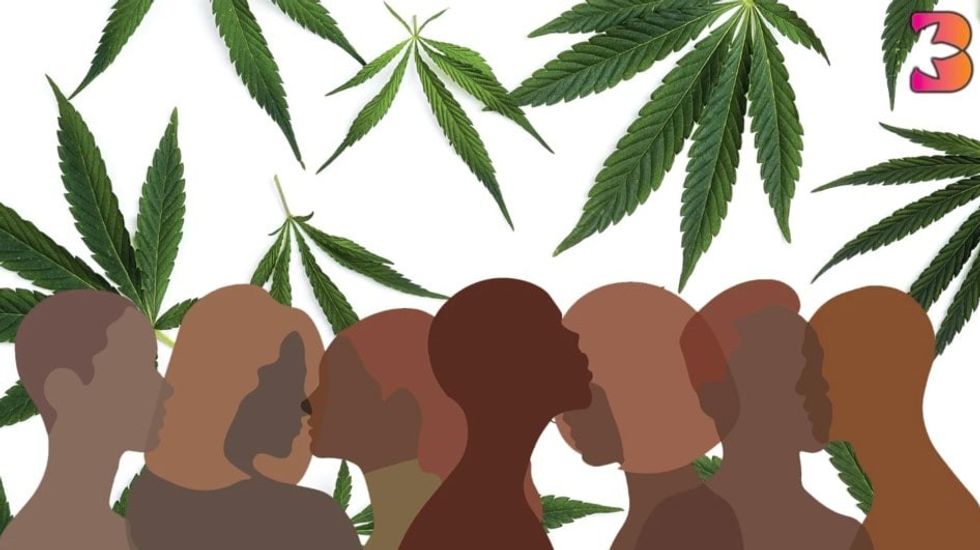
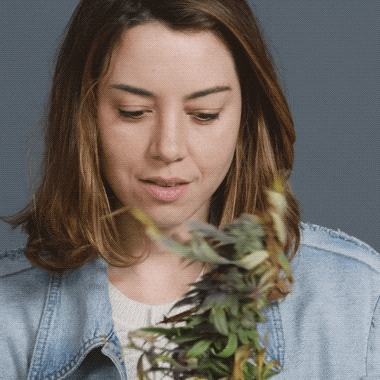

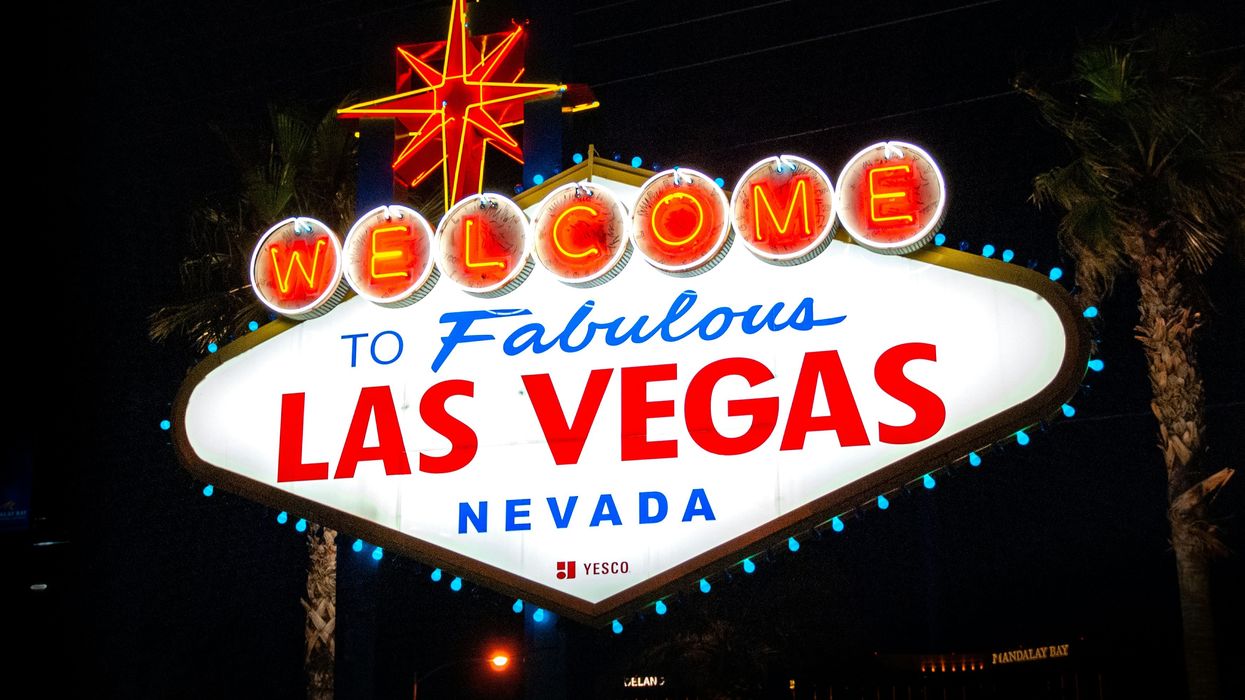
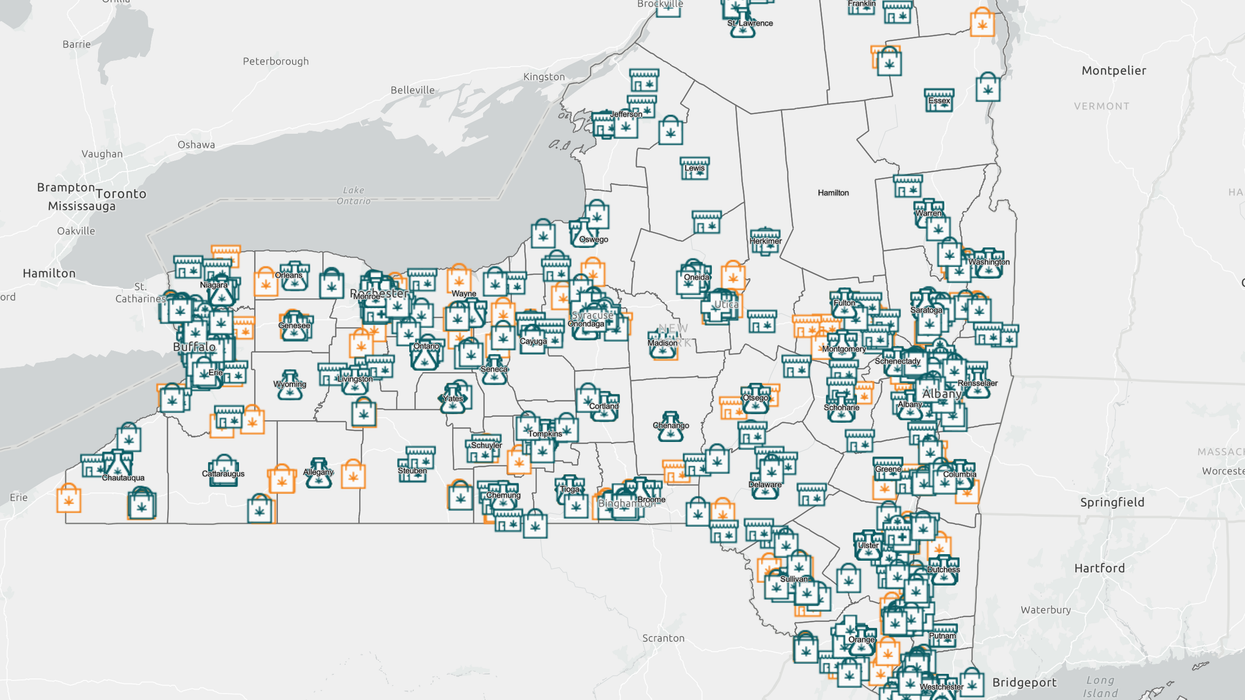











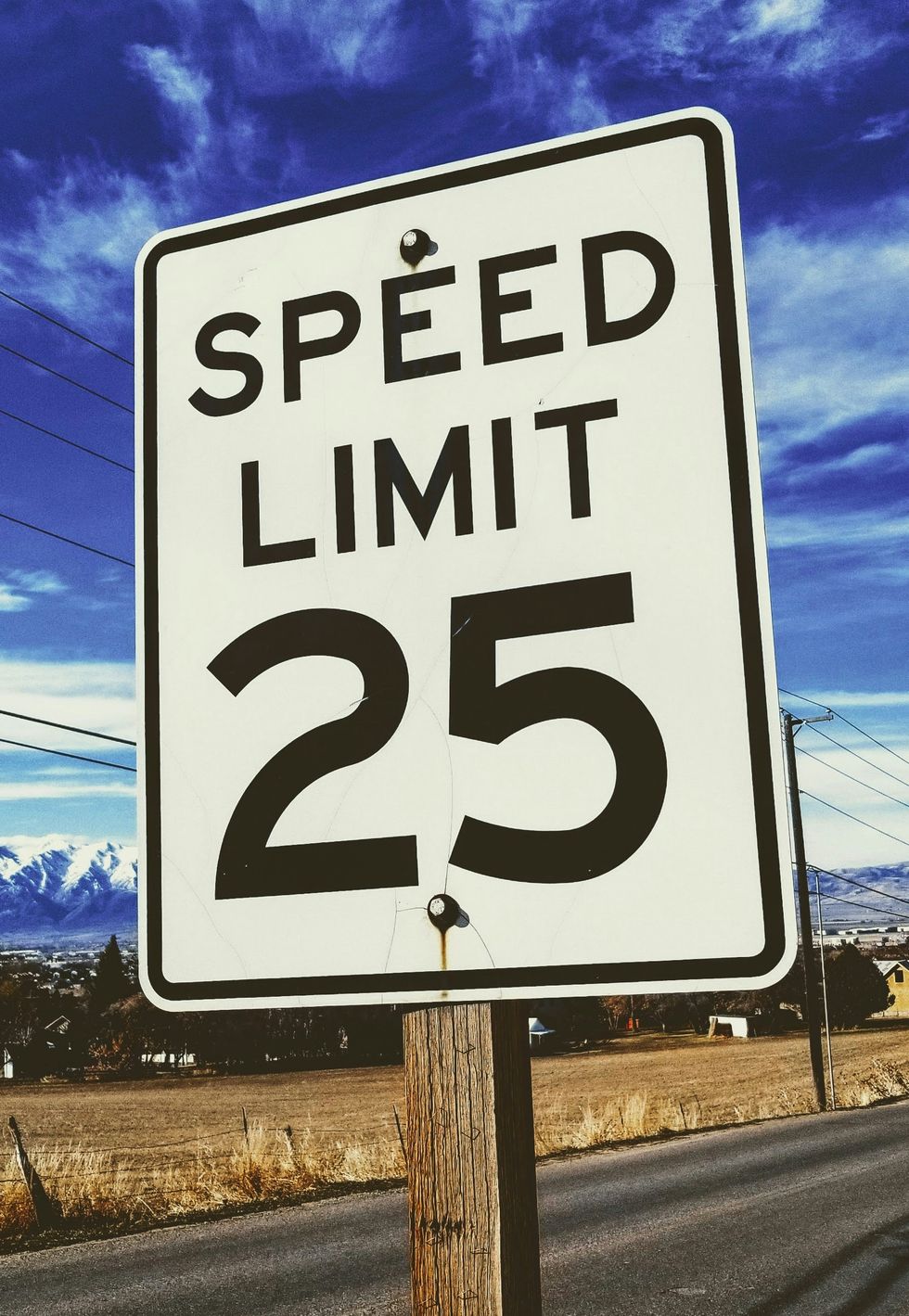



 How to Store Magic Mushrooms
How to Store Magic Mushrooms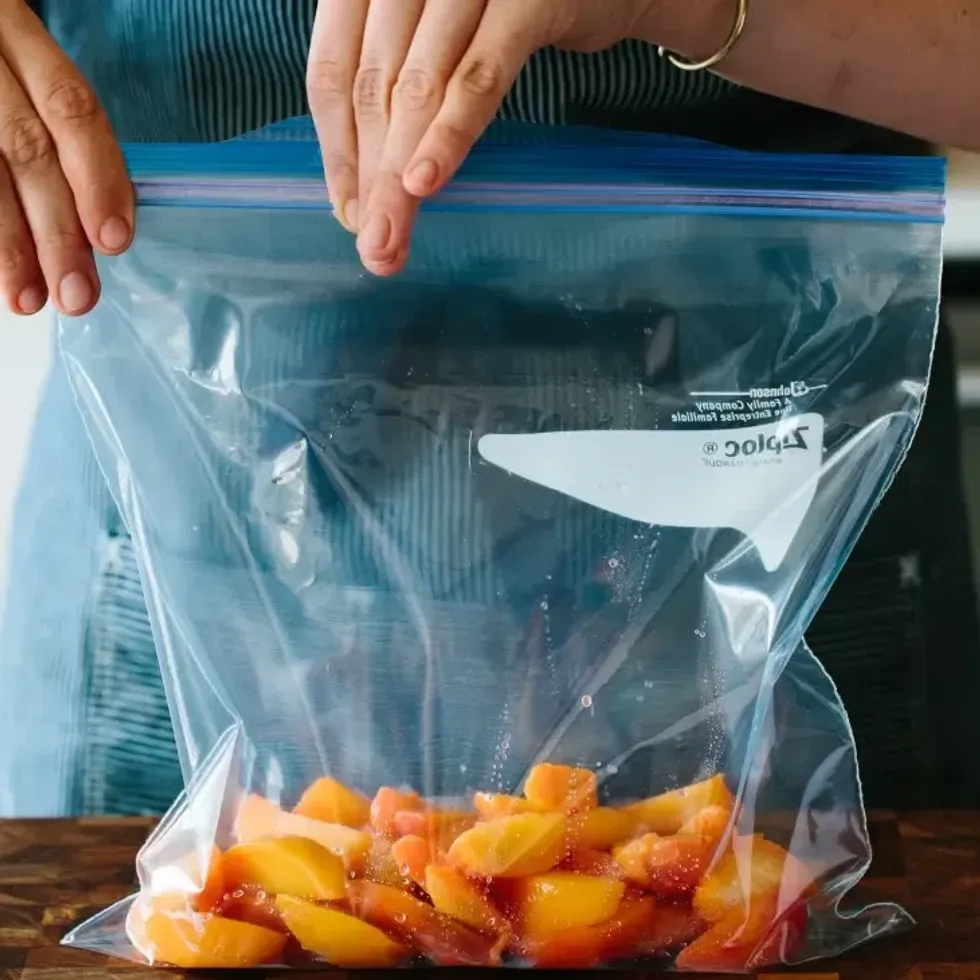 How to Store Magic Mushrooms
How to Store Magic Mushrooms How to Store Magic Mushrooms
How to Store Magic Mushrooms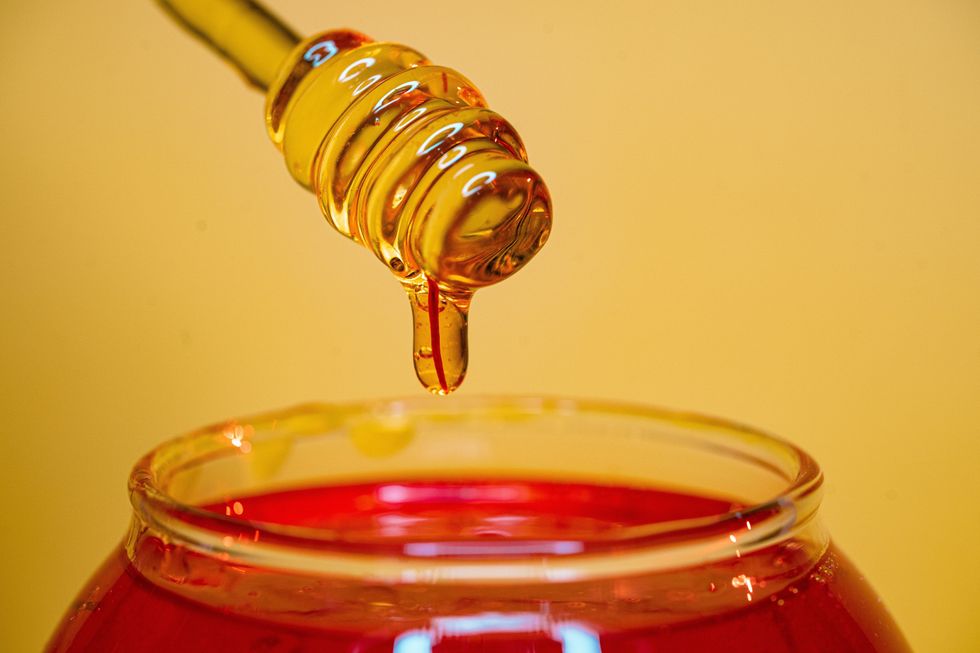 How to Store Magic Mushrooms
How to Store Magic Mushrooms How to Store Magic Mushrooms
How to Store Magic Mushrooms
